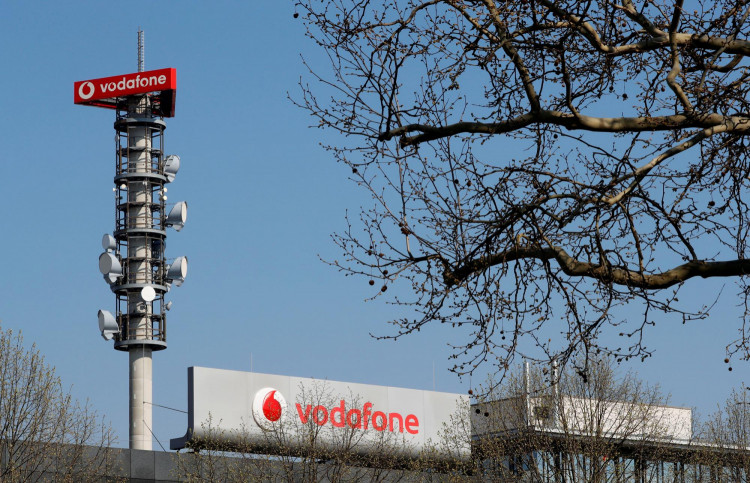Vodafone Group Plc on Friday announced that it had won a long-running dispute against the Indian government, capping one of the most high-profile arbitration cases in the nation involving $2 billion in tax claims.
An international settlement court in The Hague ruled in favor of the British telecoms group on Friday after over 10 years of squabbles over demands for compensation, in a major loss for India's tax officials.
Based on the ruling, India's implementation of tax accountability on Vodafone, including interest and penalties, violates an investment accord between the Netherlands and the South Asian nation, sources with information of the proceeding disclosed.
The decision may loosen the weight on the telecom's venture in India at a crucial time when the government is already hounded by demands to settle back fees totaling billions of dollars, which India's Supreme Court ordered it to indemnify in October last year in a separate lawsuit.
The court has also ordered India's tax authorities to pay Vodafone around $5.47 million as requital for its legal costs, sources said. In a statement, the tribunal determined that "any attempt by the government to impose a tax demand would infringe on international law responsibilities," Reuters quoted a portion of the statement as saying.
The arbitration had dimmed Vodafone's growth propositions in the country of more than a billion people – and in a way discouraged interest toward overseas investment in India.
The United Kingdom-based multinational has since consolidated its Indian operations with competitor Idea and wrote off the carrying value of its share in the country. Vodafone Chief Executive Officer Nick Read said he is no longer interested in infusing more equity into the country.
India's telecommunications landscape once lured in top international wireless companies, with a dozen telecoms groups flooding the country until three years ago. A continued tariff dispute, steep airwaves fees, inconsistencies in guidelines, and unending tax requirements have dealt a heavy blow on most of India's mobile-phone companies.
India is embroiled in multiple cases against companies involving tax claims and scrapping of business deals. The national treasurer could find itself paying billions of dollars in losses if it fails to win a case. Meanwhile, Indian authorities may elect to oppose the decision or revise the policy that enabled retrospective payments dating back to the 1960s to be sought.






